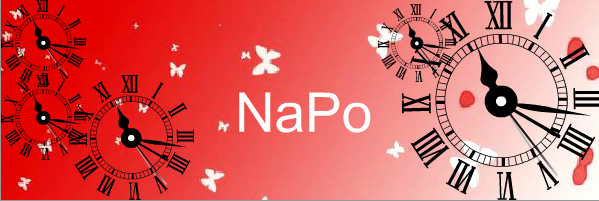To Break or Not to Break?
snap, crackle, pop
Writers of all ages and all places are aware of line breaks. Sometimes we’re not aware of what line breaks are doing, exactly, but we definitely know they’re there! Completing a line for a poet is a very different thing to a prose writer, there are different concerns we have to be considerate of. Prose writers have to avoid prepositions, confusing syntax and awkward phrasing… actually, we’re not so dissimilar at all, how worrying!
An important part of line breaks is related to the reading of poetry. Ideally when one reads a poem, there should be a slight pause at the end of each line before moving on to the next. This is about savouring each line, taking in the meaning and giving it appropriate weight before we continue on with the poem. So our lines should have the right kind of feeling at the end. Every word in poetry should be seriously considered, it needs to fit just right, as we’ve talked about before.
My tips are thus:
* Avoid ending on a preposition. Lines ending in “it’s” “and” and other such words may work if you want some drama, but they look and read awkwardly, we’re forced to pause and then move on in a manner that is unnatural.
* If suitable to your poem, end on a heavy word, to emphasise some of that weight.
* Add punctuation. Punctuation tells us what kind of break we need, and how we’re going to move on to the next line.
* Have fun with your line placements!
I’ll use one of my own poems to show this, because I’d rather you have a giggle at mine than to misinterpret someone else’s!
July
The tree house is wood pushed against
itself like the tree, shaking in the wind, leafy
and blossoming with rain and patches
of frail cicada shells, it seeps maple sap
through the centimetre gaps of sky and branch.
Below this, trunk split and brushing down
to the turmoil soil, my feet are moving
again. There are storms here which tear
limb from limb and my tree is too thin
to keep together.
You may notice I enjoy enjambment between lines – this is one of the most entertaining parts of line breaks! Making double meanings from the same words, you’re allowed to do such things in poetry without it seeming odd. Here I’ve ended lines on strong words, ones which give the right kind of weight before moving on to the next line. Line breaks give meaning to your lines, and to your poem and keeping the shift in narrative constantly moving. I’m missing punctuation at the end of lines because my lines move on, part of effective line breaks is not always ending where people expect, experiment with your lines and with meaning. I think you’ll find it is much more interesting than expected, it certainly was for me!
Next week we might even talk more about punctuation in poetry and why we do need it so! Please feel free to tell me if there’s something in particular you’d like to hear me ramble about, I’m always up for suggestions.










